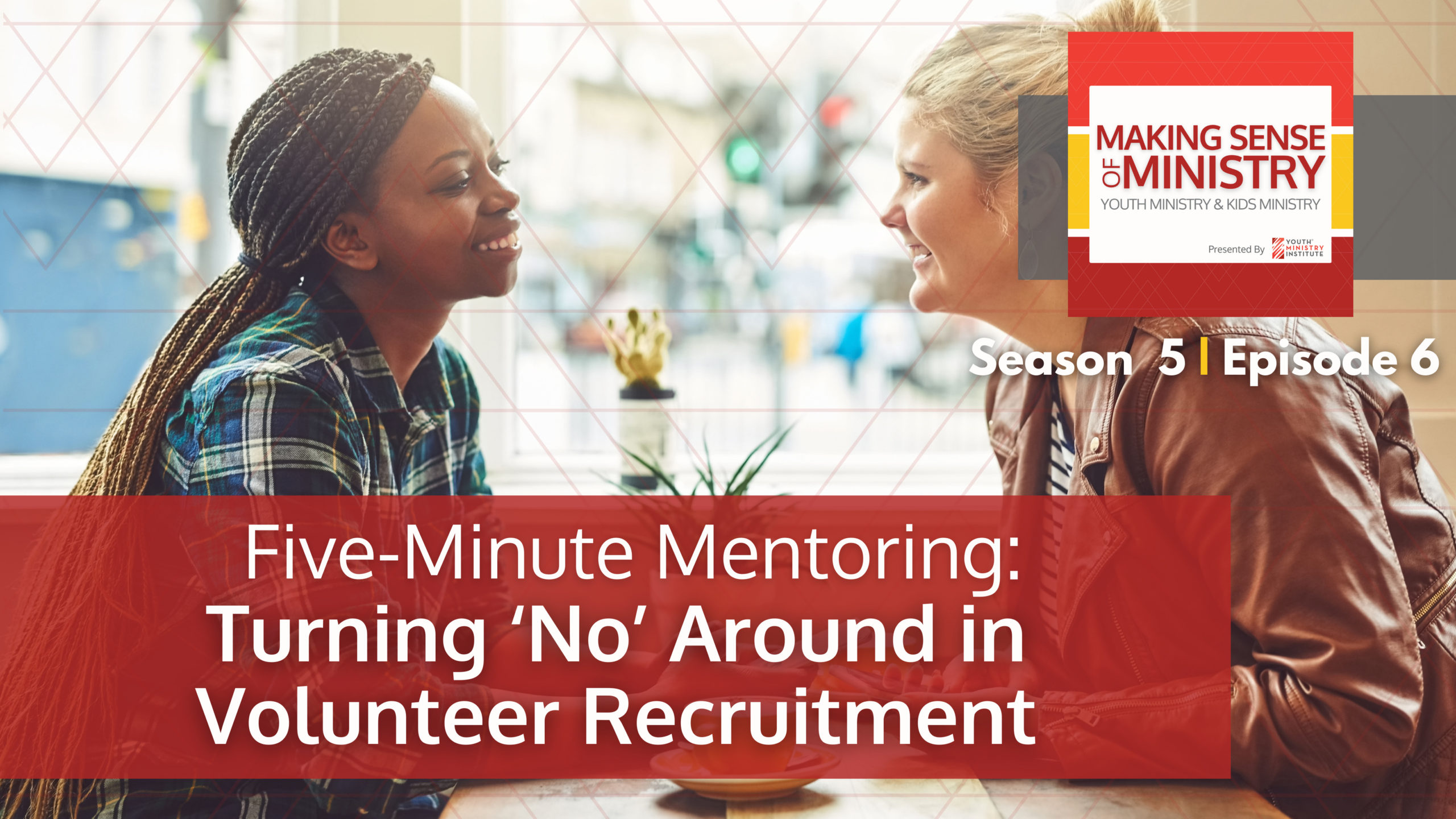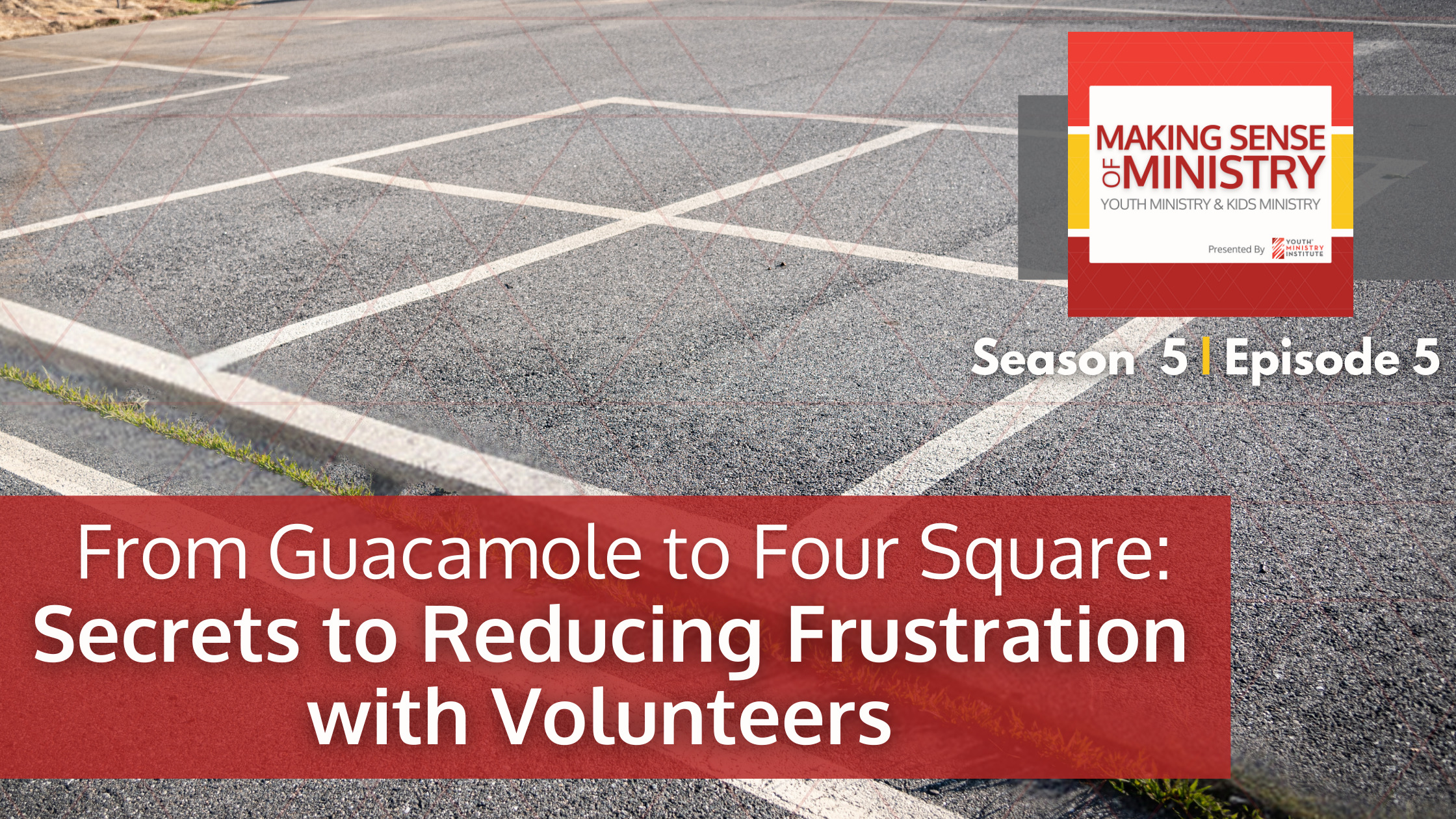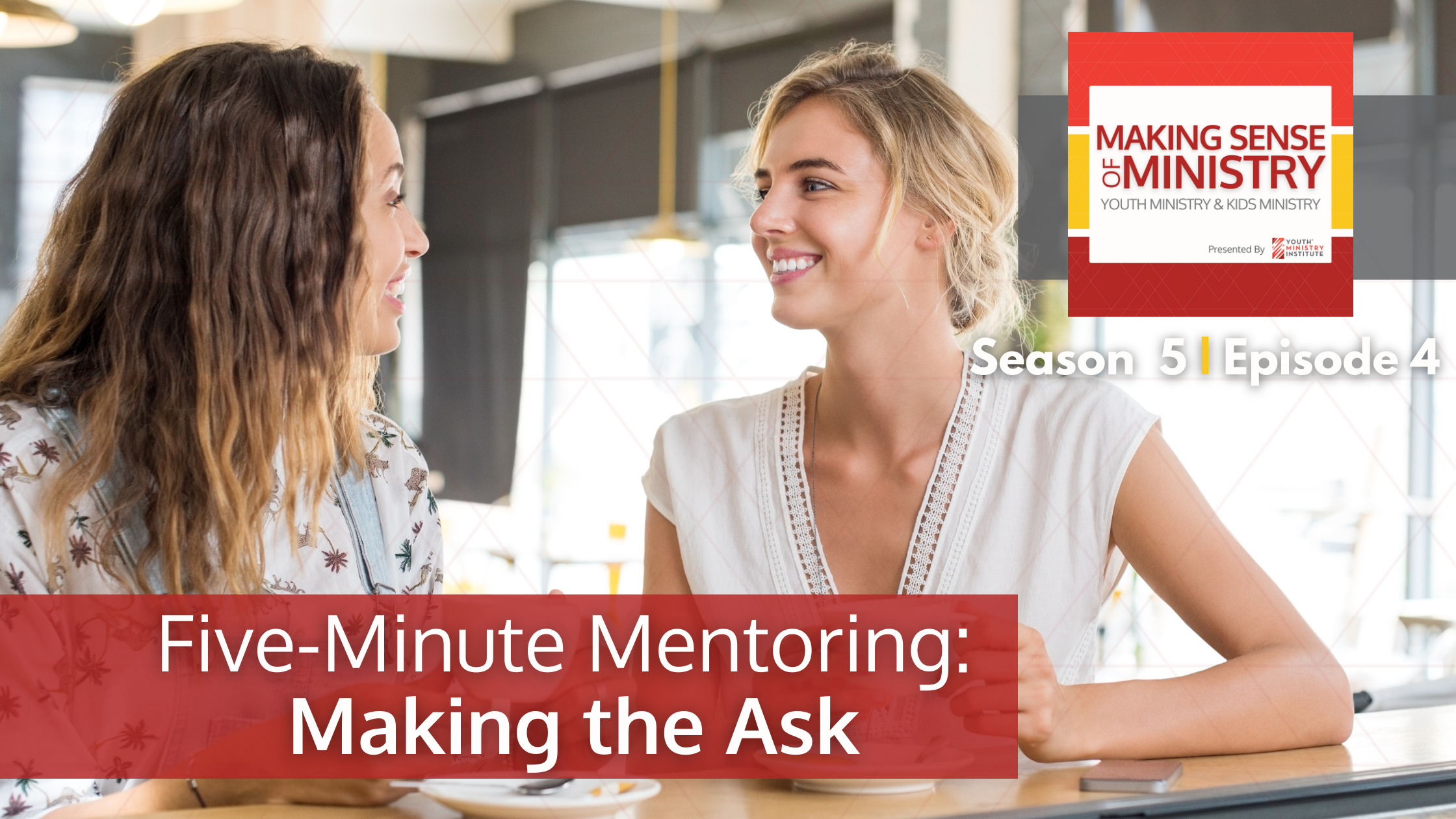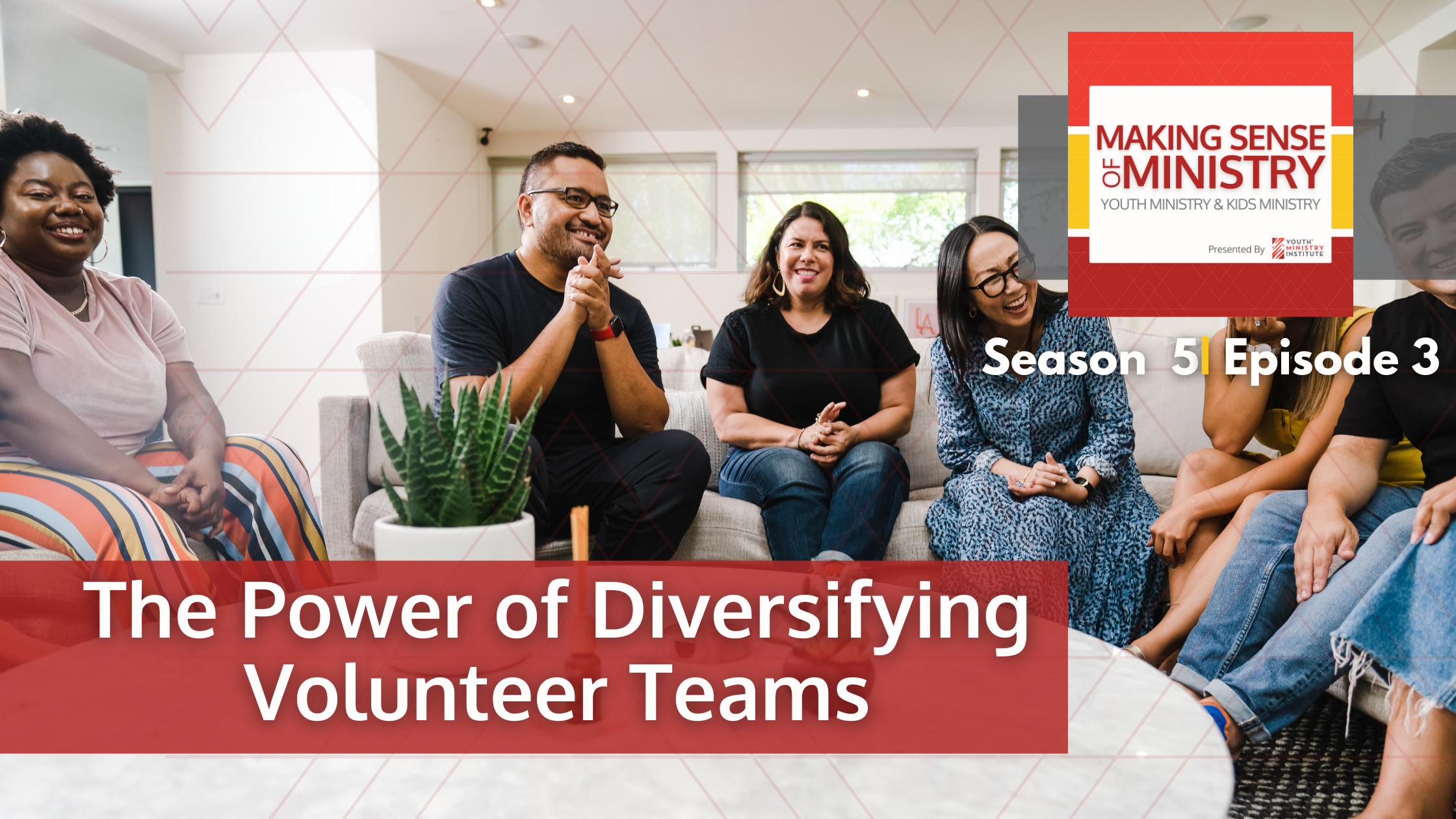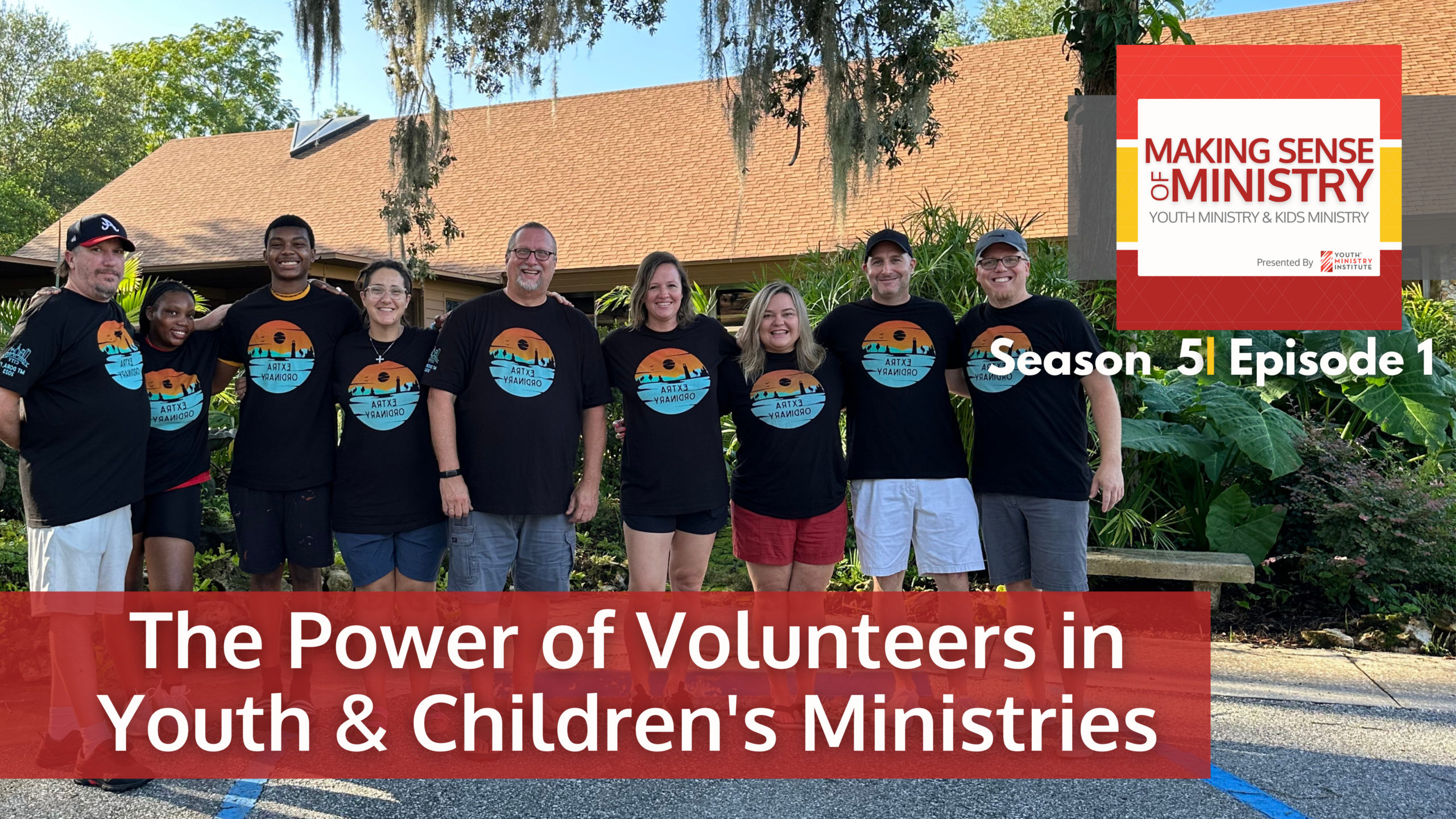The Making Sense of Ministry podcast is on all major platforms, including Spotify, Apple Podcast, and Audible. Have you ever had a team of volunteers but had no idea how to help them develop? Should you provide training for them? If so, how often and what in the world do you teach them? That’s the kind of challenge […]
Author Archives: Brian Lawson
Five-Minute Mentoring: Guiding Volunteers Beyond the Welcome Mat in Ministry | Season 5: Episode 8
The Making Sense of Ministry podcast is on all major platforms, including Spotify, Apple Podcast, and Audible. Have you ever considered that welcoming new volunteers is just the first step on a much longer journey? That’s precisely the focus of our latest episode on Making Sense of Ministry. In this Five-Minute Mentoring episode, Brian Lawson walks you through […]
Nine Christmas Party Games For Youth Or Kid’s Ministry
It’s that time of year. You’re getting ready for your Christmas party. You want it to be engaging, fun, and a time your people will remember. So, of course, you need Christmas party games. We love Christmas – as I hope we all do! And at the Youth Ministry Institute, we are busy preparing for […]
College Football Playoff Chaos & Bible Reading
Have you noticed the chaos that followed the announcement by the College Football Playoff selection committee? One school feels snubbed, while the other feels like they deserve it. One group believes in their record, while the other claims that the playoffs are a mere invitational. No matter the committee’s decisions, someone was bound to be […]
Onboarding Volunteers in Ministry: Insights and Strategies to Enhance A New Volunteer’s Experience | Season 5: Episode 7
The Making Sense of Ministry podcast is on all major platforms, including Spotify, Apple Podcast, and Audible. How do you onboard a new volunteer? We know that if you don’t welcome and guide a new volunteer in your Youth Ministry or Children’s Ministry well, they will likely not last. So if it’s time for you to up your […]
Five-Minute Mentoring: Turning ‘No’ Around in Volunteer Recruitment | Season 5: Episode 6
The Making Sense of Ministry podcast is on all major platforms, including Spotify, Apple Podcast, and Audible. Do you struggle with asking for help? You’re not alone. Join me, Kirsten Knox, as I divulge my own trials with this issue, particularly how it influenced my effectiveness in recruiting volunteers for youth ministry. Learn how changing my perspective from […]
From Guacamole to Four Square: Secrets to Reducing Frustration with Volunteers | Season 5: Episode 5
The Making Sense of Ministry podcast is on all major platforms, including Spotify, Apple Podcast, and Audible. Have you ever found yourself spiraling in frustration? Join us as we share our personal tales – Brian’s tussle with a guacamole-less Chipotle visit and Kirsten’s fiery four-square showdown. And the truth is, we can feel frustration with volunteers – ever […]
Five-Minute Mentoring: Making the Ask | Season 5: Episode 4
The Making Sense of Ministry podcast is on all major platforms, including Spotify, Apple Podcast, and Audible. Ready to ask a potential volunteer to join your Youth Ministry or Children’s Ministry? In this episode, Brian uncovers how to successfully connect with potential volunteers, from choosing the ideal setting for your conversation to effectively communicating your ministry’s vision. The […]
The Power of Diversifying Volunteer Teams | Season 5: Episode 3
The Making Sense of Ministry podcast is on all major platforms, including Spotify, Apple Podcast, and Audible. Ever wondered how a NASCAR risk manager or a post office worker could be the best addition to your ministry team? Buckle up! We’re about to take you on a unique journey about unique volunteers. We’ve learned the immense value of […]
The Power of Volunteers in Youth & Children’s Ministries
The Making Sense of Ministry podcast is on all major platforms, including Spotify, Apple Podcast, and Audible. In this episode, we walk through tales of memorable volunteers, the influences they wield on youth and children’s ministries, and the lessons we can glean from their stories. Ever been amused by a volunteer who does something quirky? Or marveled at […]






